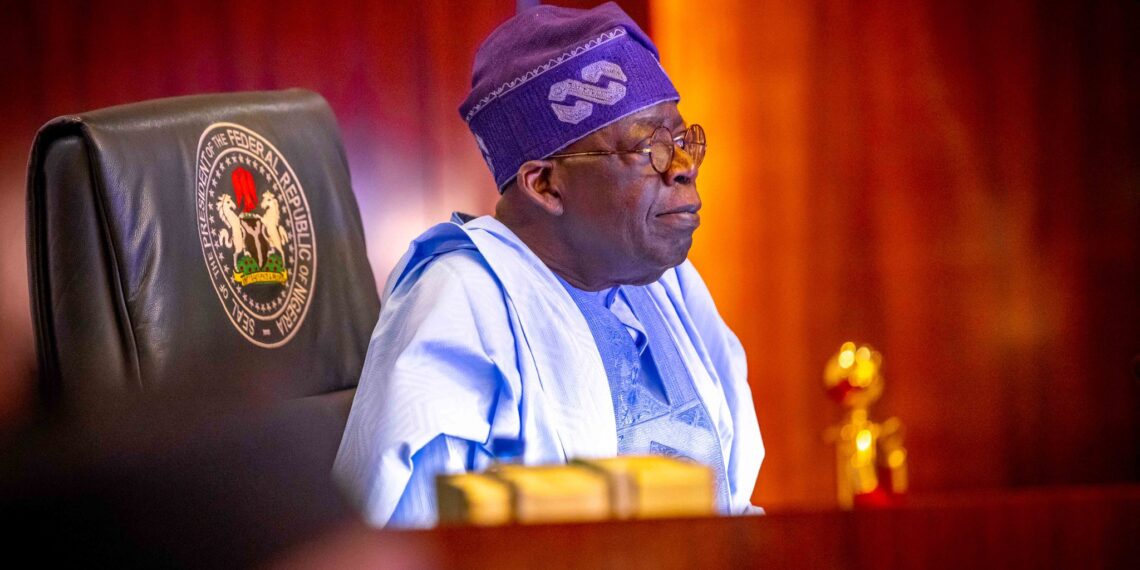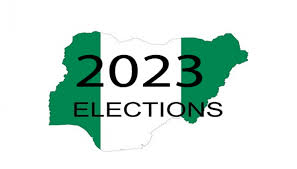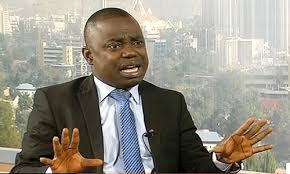By Ehichioya Ezomon
Ethnic, sectional, religious, political and economic interests aren’t strange to the Nigerian society. They’re the banes that defined past governments – and they’re likely to define President Bola Tinubu’s administration if it accentuates rather than de-emphasises the primeval vices.
Yet, a critical issue for the two-week-old government is trust deficit that pervades the landscape – due to failure of past leaders to translate promises into tangible results, to alleviate the people’s suffering.
Thus, the citizens have grown incresingly sceptical, and untrusting of latter-day fix-all, cure-all advocates, no matter the likelihood of their sincerity.
Haven’t Nigerians seen magic wand-waving “Messiahs” turning into mere managers that couldn’t deliver basic necessities of life?
Whereas the biblical King Rehoboam told the people of Israel that: “My father made your yoke heavy, but I will add to your yoke; my father chastised you with whips, but I will chastise you with scorpions” (1 Kings 12:14).
No Nigerian politician (or ‘Militrician’) had ever promised to increase the citizens’ burden, nor sting them with scorpions rather than with whips.
But once in power – either via the ballot or bullet – they abandon promises made at campaigns or in manifestos, or in coup broadcasts.
The grandiose “Saviour, deliverer, rescurer” of yesterday becomes today’s tormentor that initiates policies to favour the minority elite, and disfavour the majority at the bottom rung of the society.
Since democracy returned in 1999, all the Presidents: Olusegun Obasanjo (1999-2007), Umaru Yar’Adua (2007-2010), Goodluck Jonathan (2010-2015), and Muhammadu Buhari (2015-2023) – pledged to turn Nigeria into an earthly paradise.
They each gave the assurance of abundant and affordable food, fuel, electricity, housing, transportation, healthcare, education, and value-added local production, to ensure millions of jobs for the youths.
But those promises ended in pipedreams, with each President (except Yar’Adua, who barely spent three years before he died) leaving the stage worse than he met it.
To the extent that Nigeria – the largest economy in Africa – is today synonymous with the worst in many human and development indices, continentally and globally.
Notwithstanding inadequate and inaccurate statistics, Nigeria’s associated with negative labelling, such as: “The Poverty Capital of the World” (with over 133m below the poverty line); “The Darkness Capital of Africa” (with less than 3,000 MW of power for over 223m population); “The Most Terrorised Country in Africa (with terrorists and bandits operating in Nigeria among the Top 10 deadliest in the world); “The Highest Fuel Importer among OPEC Countries” (despite being the Sixth Largest Oil Producer); “The Highest Importer of Generating Sets in Africa (due to inadequate power supply); and “Among the Top Four Highest Out-of-school Children in the World” (amid a glut in human capital and natural resources).
These constitute the unenviable legacy that President Tinubu and his administration inherited from the Buhari government, which he (Tinubu) was/is a kindred.
Tinubu played major roles in the formation of the All Progressives Congress in 2013, and emergence of Buhari as President in 2015, and his re-election in 2019.
Labelling himself as “National Leader of the APC,” Tinubu had no post in the Buhari government. Yet, he influenced the progressive bent of the APC manifesto, led the campaigns on the policies, and vouched for Buhari to deliver them if elected in 2015, and in 2019.
Nigerians bought into the sweet-coated promises by Tinubu on behalf of Buhari and the APC that dubbed the Jonathan government as “clueless” on its alleged lacklustre performance.
That’s why Tinubu shares hugely in the blame of Buhari’s reported below-par execution of his agenda unfolded during campaigns.
And it’s the reason many doubt Tinubu’s boast: “I’m a doer, rate me on my achievements as Governor of Lagos State” (1999-2007).
Nigerians are quick to point to Tinubu’s pledge to continue with Buhari’s policies that most attribute to the untold hardship in the country.
Tinubu’s edict on fuel subsidy at his inauguration on May 29 – which shot up pump price of petrol above 200% – has been foil for critics to compare him to Buhari in terms of alleged “anti-people” policies.
Consider the 2022 Naira redesign policy of the Central Bank of Nigeria (CBN), which confiscated accounts of millions of Nigerians, who begged, and protested, but couldn’t get tokens of their money at ATMs and across the counters.
Not even in crisis times had Nigeria witnessed such deliberate government policies to punish its law-abiding citizens!
Buhari, who signed on the Naira policy, was to admit months later that he didn’t know it’d negatively impact the people he’d sworn to protect against misgovernance.
President Tinubu, who faulted the Naira redesign as aimed at his presidential bid, had pledged in his inaugural speech to revisit the policy under reforms in the CBN.
Relatedly, President Tinubu, on June 9, suspended the CBN Governor, Dr Godwin Emefiele, to give way to realistic reforms in, and investigation into activities of the apex Bank under him (Emefiele).
Emefiele’s reportedly arrested later by operatives of Department of State Services (DSS), which denied that, “Currently, Emefiele is not with the DSS” – a refutal the public doubted, and rightly so, as the DSS recanted, and confirmed Emefiele’s in its net.
Surely, Tinubu’s subsidy removal will further yoke Nigerians, who remotely endorsed – with their votes – his avowal to discontinue the severely-abused policy.
The same voters now complain, and criticise the President for daring to deliver on one of his major campaign planks, prompting the query: What do Nigerians want: a promise keeper or breaker?
If it’s the former, why the fear that Tinubu may not be different from leaders before him, especially since 1999?
Past Presidents had sprung on Nigerians policies that they didn’t campaign on or as contained in their action plans. But Tinubu chose to “walk his talk” right at his inauguration as President.
It’s reassuring that the initial fire-on-the-mountain cry by labour unions has given way to realistic dialoguing with the government on the way forward, to ameliorate the impact of the subsidy removal on average Nigerians.
So, let’s move from blaming Tinubu to putting his feet to the fire, to use the fait accompli to do good by Nigerians and for Nigeria.
Under no guise should he bring back the policy with a more palatable euphemism – as the NNPCL did from “subsidy” to “under recovery” – but with the same template of inflated daily fuel consumption, and trillions going to portfolio robbers.
The President should stand his ground, and resist obvious pressures to reverse himself. It’s time to halt Nigeria’s bleeding, and reduce the primordial interests that strike at the heart of the nation!

Mr Ezomon, Journalist and Media Consultant, writes from Lagos, Nigeriay



